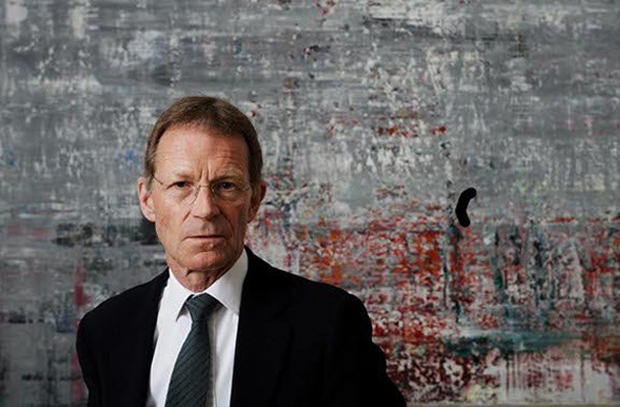Tate museums director Nicholas Serota spoke with Labour’s mayoral candidate Sadiq Khan and members of the Creative Industries Federation about the obvious problem facing London artists: no one can afford to live there. While it’s refreshing that Tate and district leadership are acknowledging this issue, their solution seems to be to grasp toward trickle-down economics–AKA, to ask more rich people for more money, rather than confront the fact that income inequality and foreign real estate investment lays at the heart of the problem. Read Matt Watts for the Evening Standard in partial below, or the full version here.
“Frank Auerbach, Lucian Freud, Bridget Riley, David Hockney, they all lived in the centre of the city. Even 20 years ago artists would come to this city to train and then they would stay on after they had finished their studies and they would go on to win the Turner Prize, like Wolfgang Tillmans and Tomma Abts, from Germany; that is no longer the case. Young students come and they are now obliged to leave when they finish their courses.
…
The Labour candidate said: “The time is ripe to open up a new wave of giving to the city’s arts and culture. Public money alone isn’t sufficient, and is increasingly scarce in these straitened times.” He pledged to “use City Hall to bring together the city’s wealthiest residents with the aim of increasing giving and donations, so that we can invigorate our arts and culture for future challenges.”
The Tooting MP added: “Here we are, in the Tate, established by sugar industrialist Sir Henry Tate, one of that Victorian generation who contributed enormous sums to the arts, culture and learning.”
He said plans to encourage donations would include lobbying the Chancellor for extra tax breaks for philanthropists helping the arts sector.
Mr Khan, a former transport minister, also said he would protect artists, musicians and creative industry workers by establishing Creative Enterprise Zones, where planning protection for small industrial workspaces, affordable space and possibly reduced rates and grants would be offered.
He also discussed plans to draw up the capital’s first cultural infrastructure plan involving key arts figures and organisations from the Tate to Adele and Idris Elba to identify what it needs to remain globally competitive and keep London’s “cultural crown” over the next 15 years and beyond.
*Image of Nicholas Serota via Phaidon
